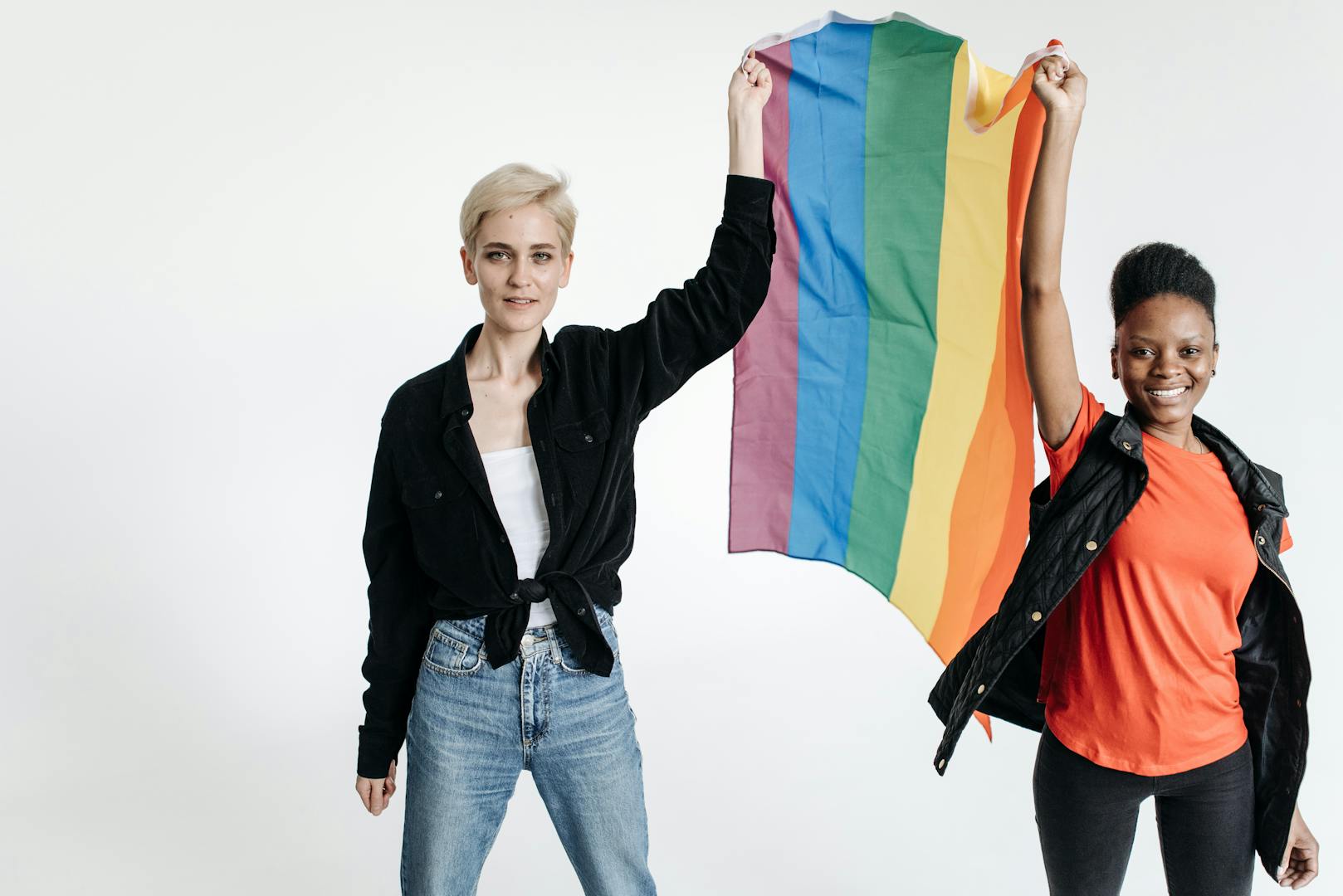Often we may find ourselves living in discomfort because we allow the desire of other’s comfort to overpower our voices. Consider these things:
What do you feel?
When you silence yourself for the comfort of others, you might feel:
- Invisible – like your truth doesn’t deserve space.
- Resentful – for constantly giving and rarely being seen.
- Disconnected – from your own voice, needs, and even identity.
- Exhausted – from navigating spaces that ask you to shrink
You might tell yourself “It’s easier this way,” but your body knows otherwise. The tension lives in your shoulders, the lump in your throat, the quiet ache in your chest.
What do you want?
- To be heard without apology.
- To take up space without guilt.
- To live fully—not just perform politeness.
- To stop sacrificing authenticity for survival.
What you want is valid. What you need is real. Wanting peace doesn’t make you selfish—it makes you human.
How does this silence affect you in the long run?
That silence you carry for others’ comfort? It compounds. Over time, it can:
- Erode your sense of self – making it harder to know what you truly think, feel, or want.
- Weaken your boundaries – opening the door for others to take without giving.
- Feed internalized oppression – reinforcing the lie that your truth is dangerous, aggressive, or unworthy.
- Impact mental and physical health – because your needs don’t disappear just because they go unspoken.

The desire to keep peace now can often come at the cost of your long-term well-being.
Let’s take a moment to talk about what it really feels like to shrink yourself for the comfort of others.
You may be doing it with good intentions—trying to keep peace, avoid conflict, or maintain connection. But pause and ask yourself:
Who actually benefits when I hide pieces of who I am? And more importantly—who does it cost?
It’s human to want validation, to crave acceptance. But when that acceptance is earned through self-erasure or people-pleasing, it’s worth questioning its authenticity. Is it truly you being accepted—or just the version of you that makes others feel comfortable?
This becomes even more complex when you hold intersectional identities.
As a queer BIPOC, there are layered expectations and social pressures that can chip away at your freedom to fully express yourself. You’re often navigating multiple worlds, constantly translating, adjusting, softening, shrinking.
So ask yourself honestly:
What happens in your body when you choose not to share your truth—your feelings, your beliefs, your identity?
Do you feel seen? Do you feel safe? Do you feel real? Or do you feel exhausted—carrying the weight of silence, constantly performing a version of yourself that feels easier for others to accept?
I want to sit with you in this discomfort, not to dwell in it, but to understand it.
I know how scary it is to imagine breaking free from this cycle of quiet appeasement. But also imagine what it could feel like to exist in a space where you’re heard, affirmed, and loved—for who you truly are. Not for how well you fit in, but for how honestly you show up.
There is a big difference between being adored for what you perform, and being cherished for who you actually are. Learning to tell the difference is hard—but necessary.
So take a moment. Breathe.
Check in with yourself:
What is the long-term cost of constantly silencing your truth? And what might freedom taste like, even in small doses?

5 Ways to Fight for Who You Are as a Queer Person of Color
1. Honor Your Full Identity
Affirm that you don’t have to choose between your racial/cultural identity and your queer identity. You are whole—not a fraction. Say: “I’m not half-this and part-that—I’m fully me.”
2. Practice Radical Self-Love and Joy
Living fully and joyfully as a queer person of color is an act of resistance. Celebrate yourself. Rest. Create. Love. Thrive. Say: “I’m not just surviving—I’m meant to flourish.”
3. Take Up Space Authentically
Show up as your full self in rooms that try to make you shrink. Your existence as a QPOC is powerful—even if you’re the only one like you in the room. Say: “I deserve to be here. My story matters.”
4. Speak Up Against Homophobia/Transphobia in Cultural or Family Spaces
It’s hard, but important, to challenge harmful ideas—especially in spaces you love. Educate where possible. Protect your peace where necessary. Say: “My identity isn’t a phase or a betrayal of my culture—it’s part of who I am.”
5. Demand Culturally Competent, LGBTQ+ Affirming Care
You deserve healthcare and mental health support that respects both your identity and your culture.

Let me leave you with this. You are not too much. You are not a contradiction. You are not broken or confusing. You are beautifully layered, and every part of you belongs.
The world may try to separate your queerness from your culture, your softness from your strength, or your truth from your survival. But none of that fragmentation is yours to carry. You are whole—even when others can’t see it.
It’s okay to feel tired of explaining. It’s okay to feel like you don’t fit into the neat boxes people expect. There is nothing wrong with you for being many things at once.
You are not alone. Your story is shared by generations of people who had to fight to be fully seen. You stand in a lineage of brilliance, beauty, and resistance.
Let this be your reminder: You do not have to shrink to be safe. You do not have to split yourself in pieces to be loved.
You are worthy, in your fullness. You are sacred, exactly as you are. And your intersection is not a burden—it’s a gift.





